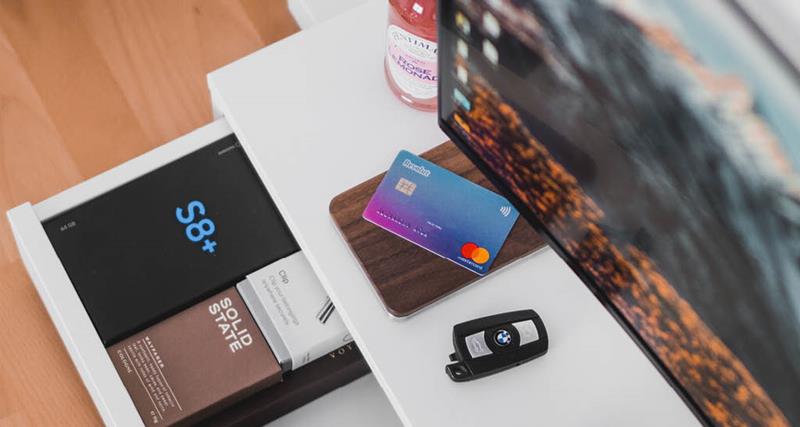The first step many people take to build good credit is getting a credit card and paying the full balance with every statement. After a few months of established history, a credit score will populate — and hopefully a pretty good one at that. (There are other factors that go into your credit score, like the length of credit history, amounts owed, etc., but making regular payments is a great place to start.)
But how do you get started when you have no credit history at all?
This is a common challenge for many consumers. Maybe you’re a recent immigrant and you don’t have any credit history in the United States. Or perhaps you’re a full-time student, and you just haven’t had a need for credit yet. If you’re in this boat, know you’re not alone.
There are a few ways you can kick off your credit journey:
Become an Authorized User
This one is particularly valuable for full-time students or recent graduates. If you have a trusted family member that is willing, ask them to make you an authorized user on one of their credit cards. You’ll reap all the benefits without having to get approved yourself — you don’t even need to use the card.
If you do choose to use the card, your purchases will show up on the cardholder's balance. Make sure you work out an agreement regarding repayment.
Keep in mind, you’ll also get dinged if they do something that would lower their score, like missing payments.
Get a Co-Signer
Some credit cards allow you to get approved with the help of a co-signer, who, by signing on, is essentially agreeing to help you pay back your debts if you can’t on your own. In some cases, you can also utilize a co-signer for a car loan or student loan. The co-signer will help you get your foot in the door, and you can start building your credit from there.
Get an Entry-Level Credit Card
Now, with no credit score, you won’t qualify for just any credit card on the market. However, there are a few ways to make it work.
First, if you’re a student, there are several student credit cards you can apply for. They’re tailored toward young adults who are trying to build their credit.
If you’re not a student, you can apply for a store credit card. Pick your favorite major retailer — they probably offer a credit card. These cards are known for having a high acceptance rate, so it can be a great opportunity to start building your credit (and rack up those loyalty points, win-win).
Credit Best Practices
First things first: once you put these wheels in motion, it’s important to hold yourself accountable to the following best practices:
Pay off your statement each month.
You can’t build credit if you miss payments or go into major debt. Use credit as a tool to put yourself in a better financial position in the future, and don’t take advantage of it.
Don’t open too many new accounts at once.
Too many hard inquiries in a short span of time can look a little fishy to credit bureaus.
Don’t close out your accounts on a whim.
If you get a store credit card and then a year down the road aren’t using it anymore, you should still keep the account open. Closing accounts can actually hurt your credit score, so tread lightly before doing so.
Keep your credit use low.
Credit utilization (aka how much of your credit limit you actually use) is a part of the recipe that is your credit score. Experts say to keep it at 30% or less. Why? If you’re approved with a $5,000 limit and you max out your credit card each month, it may signify financial irresponsibility to credit bureaus.
Your credit score is important, but it’s not the end-all-be-all. It’s not “one size fits all.” If you’re ready to take the leap into homeownership and aren’t sure how your credit plays a role in that process, find a Waterstone Mortgage loan professional in your area, and they can walk you through it.





